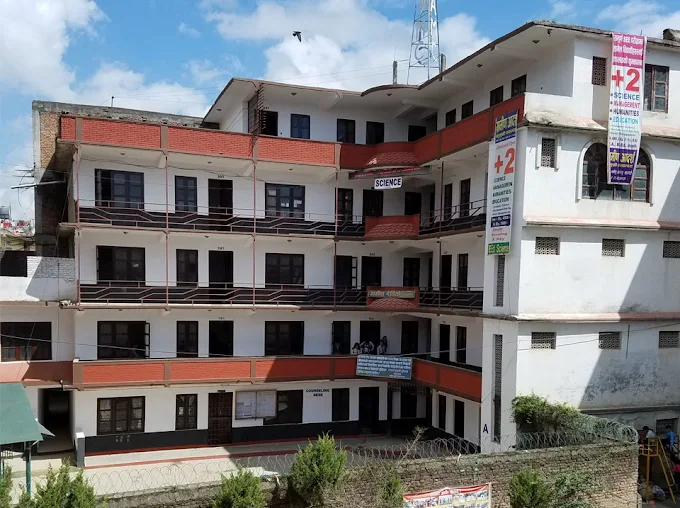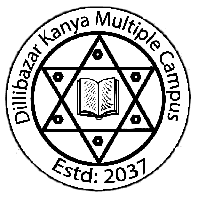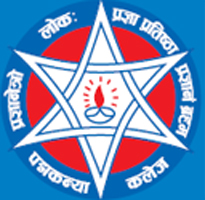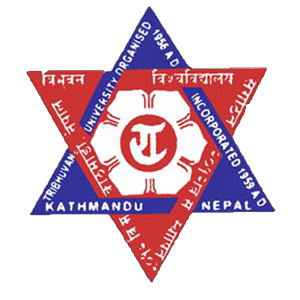Overview
MA in Sociology at Gramin Adarsha Multiple Campus, Nepaltar–Balaju, Kathmandu
MA in Sociology at Gramin Adarsha Multiple Campus (GAMC), Nepaltar–Balaju, Kathmandu, runs under Tribhuvan University. Students focus on theory, methods, and Nepal-focused inquiry that links classroom reading to current social change. The two-year, four-semester structure prepares you for roles in research, social programs, and evidence-based planning across public and civil society spaces.

Highlights
-
TU-affiliated, two years, four semesters (≈60 credit hours as per program framework).
-
Balanced training in theory, qualitative and quantitative methods, and field practice.
-
Internal assessment for attendance, presentations, term papers, and tests; final examinations per TU.
-
Supervised research leading to project reports or thesis components.
Curriculum Details
Core theory papers cover classical and contemporary perspectives that explain institutions, change, and inequality. Methods modules move from research questions to tools, sampling, reliability/validity basics, and ethics. Students practice interview schedules, observation notes, and coding frameworks that turn raw notes into categories and themes.
Quantitative work introduces survey design, entry protocols, and summary statistics. Students learn to build clean datasets, use formulas for frequency tables, and create charts that readers can interpret easily. Qualitative analysis focuses on coding steps, memo writing, and short narrative findings linked to quotations.
Applied courses examine migration, urbanization, gender, caste and ethnicity, health, media, and education. Nepal’s policy environment and official surveys appear as reference points for context, while assignments connect readings to ward-level or district-level realities.
Objectives
-
Build theoretical literacy for analyzing Nepali institutions and everyday life.
-
Develop credible research skills for both qualitative and quantitative tasks.
-
Strengthen writing for policy briefs, project reports, and academic submissions.
-
Encourage ethical practice that respects participants and communities.
Scope
Graduates support research units, program documentation, and M&E tasks in government offices, NGOs, and consulting teams. Many students prepare for public service examinations or continue to MPhil/PhD. Media and communication roles benefit from the program’s focus on evidence and clear writing.
Learning Outcomes
-
Frame researchable questions and select suitable methods.
-
Collect and clean data; use spreadsheets to summarize results.
-
Write term papers and reports that link findings to literature.
-
Present work in seminars using clear slides and concise narration.
Skill Development Modules
-
Interview and focus group labs using practice prompts.
-
Coding drills for qualitative notes, including category trees and memos.
-
Survey error checks and quick descriptive statistics for tables and charts.
-
Ethics workshops on consent language and privacy protection.
-
Writing clinics for abstracts, introductions, and discussion sections.
Teaching Methodology
Seminars, guided reading, peer presentations, and field assignments shape the semester. Internal marks value steady participation and timely submissions. Final examinations follow the TU calendar. Faculty encourage topic choices that connect to local issues and public datasets.
Admission Requirements
-
Bachelor’s degree from a recognized university.
-
Entrance process as per TU rules for the intake year.
-
Documents: transcripts, character/migration (as applicable), ID copy, photos.
-
Intake timeline and seat availability appear on campus notices.
Career Opportunities
Graduates work as research assistants, program associates, documentation officers, and M&E staff. Experience and further study lead to senior research roles, teaching, and policy analysis. Clear writing and careful data handling remain core strengths in these paths.
Scholarships and Financial Aid
Merit and need-based support may be available under campus policy. Students apply during the scholarship window with required evidence.
Why Choose This Course?
You study society through theory that explains patterns and methods that capture detail. The mix of field notes, coding, and clean tables trains you to speak to both academic and practitioner audiences. The campus setting supports access to media, research groups, and community programs across Kathmandu.
Conclusion
MA in Sociology at GAMC builds habits that matter in research and program work: question clarity, careful notes, honest analysis, and direct writing. These habits support roles that demand trust and consistency.
FAQ
1) How long is the program?
Two academic years across four semesters.
2) What assessment model applies?
Internal assessment for classwork and TU final examinations.
3) Does the course include quantitative training?
Yes. Survey design, entry protocols, and summary statistics are included.
4) Can I pursue a thesis?
Supervised research and thesis components are available as per program structure.
5) What are typical roles after graduation?
Research assistant, documentation officer, M&E staff, program associate, and preparation for higher study.


















